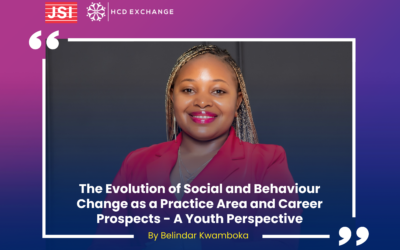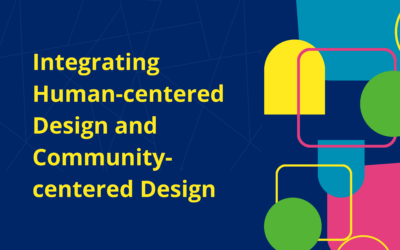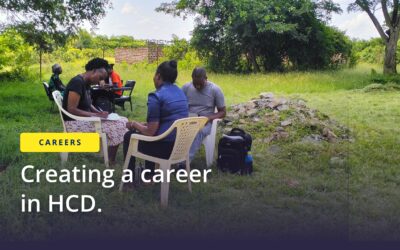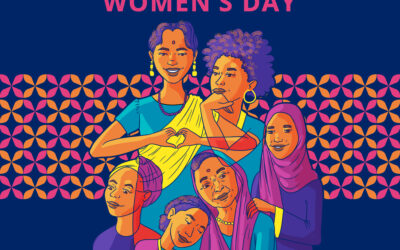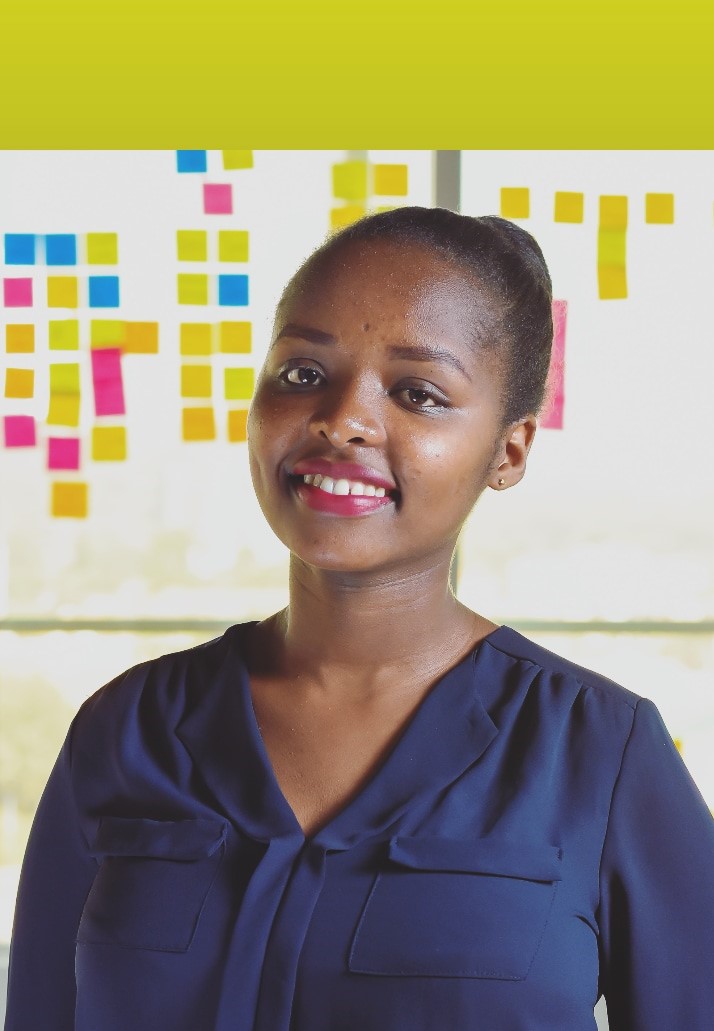
Catherine Wanja Gitau
Practice Lead, Capability Development and Brokering, ThinkPlace
Wanja leads ThinkPlace Kenya’s Capability Development and Brokering practice, a unit dedicated to building design capabilities in organizations by supporting the adoption of design-led strategies. She is an experienced design facilitator working with multi-stakeholder engagements at the global and local levels. She is also a member of the HCDExchange Advisory Board.
Wanja, recently you delivered a Skills-building Workshop about workshops used in the practice of HCD. What is the big deal about workshops in HCD?
Workshops are an integral part of any HCD process due to the high-level collaboration needed to frame the right problem, unpack the right insights, collaboratively design the right solutions and gather feedback on solutions generated. Workshops are, therefore, a guiding compass for the involvement and realization of meaningful contributions by various stakeholders in the HCD process. The HCD process encourages a diversity of ideas and experiences in ensuring that the solutions developed to meet the needs of not just a few people but a majority of the people the solutions are designed for.
Do you ever use a workshop at the inspiration stage of HCD?
Yes, I do! During the inspiration stage, we conduct an insights validation workshop. As the name suggests, this workshop aims to validate the insights with diverse stakeholders, including users, subject matter experts, and partners. This is an important step as it sets a precedent to what problems get prioritized for idea development. From users, you want to ensure that they identify with views and experiences shared by the sample identified for that group. From subject matter experts and partners, you want to confirm that the insights represent their observations working in the community or in a certain topic.
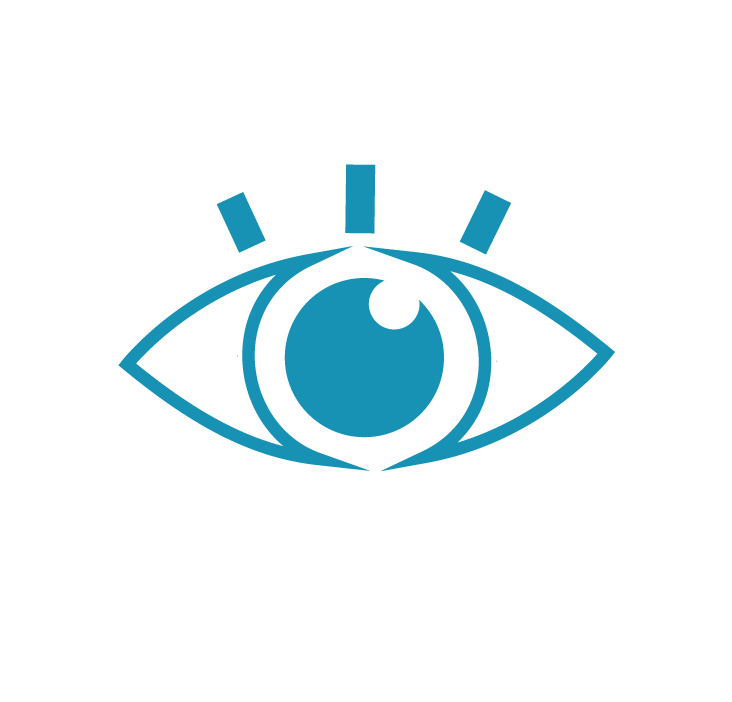
Lets look at workshops used at the ideation phase (ideation workshops). What do we need to know?
Preparation: this step focuses on all activities leading to the actual delivery of the ideation workshop. Meaning developing the agenda, identifying the right participants, development materials such as templates and finding a facilitator who will guide the conversations to the intended income.
Execution: this is the most critical step as it entails walking with the users to develop ideas and solutions. This step requires a lot of creativity and inspiration, so creating an atmosphere for creativity is important. You can do this using creative activities such as asking groups to design the ideal wallet for each other, design an ideal toilet for pre-school children or generate ideas on how to empty water from a glass without touching it. Managing group dynamics is a critical part of facilitating ideation workshops. Oftentimes, outspoken participants may take over conversations. It is crucial that all participants feel empowered to share their ideas freely.
Post-workshop: After the workshop, the core team involved in organizing the workshop should come together to synthesize the outcomes of the workshop in order to refine the ideas and develop testing plans for the concepts.
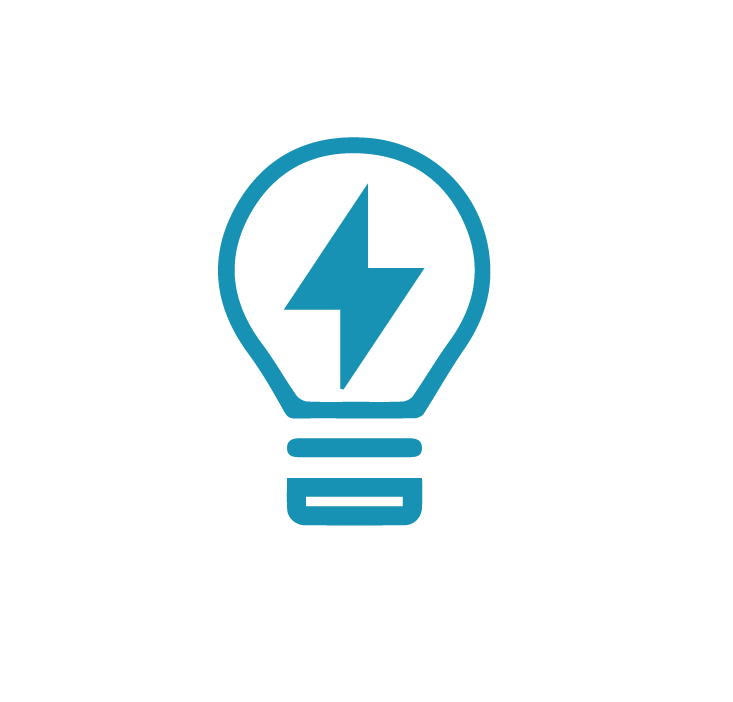
What does an ideation process look like?
We start with rapid ideation, where participants are presented with a design challenge or how might we question which they generate ideas for. The rule is to prioritize quantity over quality at the beginning of this process. This also works best when people come up with ideas individually and then share the ideas with their groups to see if someone has also come up with a similar idea.
After rapid ideation, groups should cluster their ideas into groups of related ideas. After this process, the groups can vote for their top three ideas, and the most voted ideas are developed into concepts.
The outcome of an ideation workshop is, therefore, a set of concepts addressing a particular problem. Documentation is key during this entire process.
Any other tips, the Community of Practitioners need to know about workshops?
Running an effective workshop is a must in any HCD process. To do this, the project team should clearly articulate any workshop’s why and the whom to realize meaningful results. Like with many skills, workshop facilitation is learned, and one improves over time. It is, therefore, crucial that one endeavor to sharpen their workshop facilitation skills to guide diverse audiences to solve complex problems optimally.


